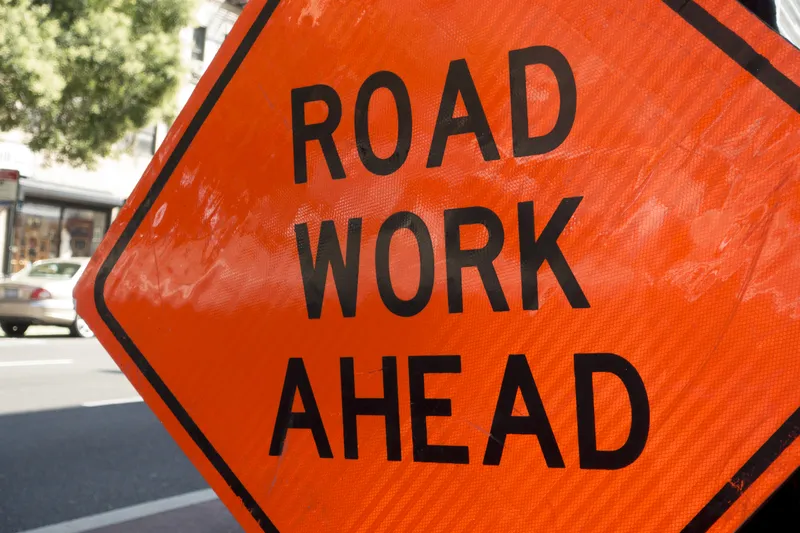
The US Department of Transportation's Federal Transit Administration (FTA) is providing approximately $14 million to 25 projects developing technologies focused on transport accessibility, vehicle automation and microtransit.
FTA deputy administrator K. Jane Williams, says: "As we face this public health emergency, investments in innovation are critical for transit agencies to better meet rider expectations and adapt to changes in our transportation system.”
The FTA is making the money available through the accelerating innovative mobility (AIM) initiative, which supports companies that test nationwide approaches to help public transportat providers and passengers.
For example, Robotic Research and the Kansas City Area Transportation Authority will use a $600,000 AIM grant to develop a docking precision solution to help bus drivers maintain Americans with Disability Act-compliant gaps at all stops.
The autonomous technology provider says its advanced driver assistance system (ADAS) will improve accessibility and reduce dwell time.
Three buses will be equipped with an ADAS system that uses sensors to provide precision guidance to drivers without mechanical retrofits, Robotic Research adds.
In Kentucky, the Transit Authority of the Lexington Fayette Urban County Government will receive $422,625 to develop a platform that provides real-time vehicle and demand information for transportation options on the University of Kentucky campus.
The platform will allow students to book a ride while dispatchers manage vehicle capacity and support social distancing efforts during the coronavirus pandemic.
In a separate project, the City of Wilson in North Carolina will utilise $250,000 to replace its fixed-route transit service with on-demand, rural microtransit to help solve first- and last-mile connections.
Additionally, the Metropolitan Transit Authority of Harris County will obtain approximately $1.5 million to develop an autonomous electric shuttle bus that will serve Texas Southern University, the University of Houston and Houston’s Third Ward community.
It will connect to metro buses and light rail and be studied for potential use in urban, suburban and rural environments.
Meanwhile, the Oregon Department of Transportation will acquire $480,000 to build a web-based repository of transit data, census data and open-source software. It will build a user interface providing near real-time and historical transit network information to planners to support the investment and management of large transit networks.
FTA received 75 eligible proposals totalling approximately $62.3 million in funding requests from 33 states and territories.









